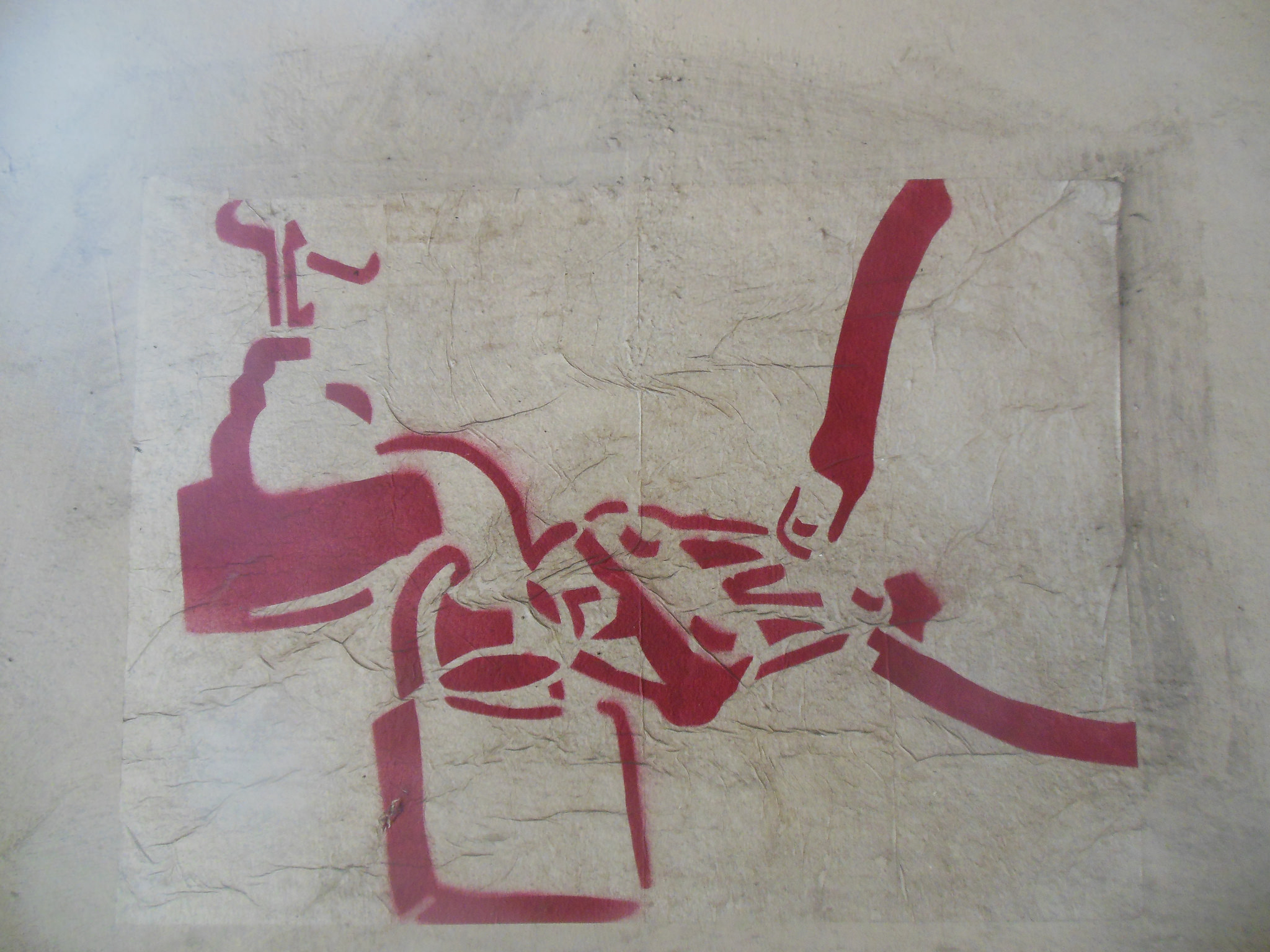A funny thing happened on the way to privatization. It didn’t really work. Private companies tend to charge more than public ones, and contracting out creates all kinds of administrative costs and legal headaches.
After 30 years of experimentation, there is no evidence to suggest that privatization saves money or provides better services, especially with regard to essential public goods such as water, health care and electricity.
Bureaucrats and politicians have begun to realize this as well. At least 235 cities in 37 countries have de-privatized their water over the past 15 years, with France and the United States at the head of the pack. Paris made its water public again in 2010 and immediately saved €35 million a year, while at the same time providing subsidies to those who were struggling to pay under privatization.
Similar trends are taking place with electricity. Germany’s much-vaunted Energiewende is as much about the transition to renewable sources of electricity as it is about creating publicly-owned and democratically controlled energy providers. Sixty new local public utilities were created in Germany between 2007 and 2012.
Other services are reverting back to public hands as well, including transportation, waste management, housing and health care in countries as diverse as Malaysia, Spain, Bolivia and Uganda. There is even a revitalization of public banks, that most hallowed of market-based institutions.
Unfortunately, Canada is going the wrong way, at every level of government, in every part of the country. Outright privatization, public-private partnerships and creeping commercialization are found in almost every sector, including water, electricity, alcohol sales, transportation and security. Manitoba’s health care system is under threat. British Columbia funnels money towards private schools. Renewable energy in Ontario was handed over to the private sector without public debate.
Canada is not alone in this regard. Governments around the world still pin their hopes on private sector involvement in essential services, and financial institutions such as the World Bank and the IMF continue to make privatization a condition of debt relief (witness Greece). So too are massive private corporations seeking opportunities in these multi-trillion dollar sectors.
This is not to suggest that public ownership is a panacea. It is easy to find poorly run, unequal and corrupt public services. Just look at the contaminated drinking water situation in Flint, Michigan.
The challenge — and it is a massive one — is to create more transparent, more accountable, and more equity-oriented public services. Instead of making them less public, we need to make them more public.
We need electricity utilities that take energy poverty seriously and include a wider range of stakeholder voices in decision-making. We need transportation services that make it easier and more affordable for everyone to get around, not just those that can pay tolls on the freeway. We need universities that make the study of public goods just as important as training students for private gain.
Sound radical? Yes and no. The growing global pro-public movement encompasses a surprisingly wide range of people and ideologies.
Perhaps the most impressive national experiment is that of mild-mannered Uruguay. Here we see a Constitution that makes water privatization illegal, a state-owned telecommunications company which has rolled out almost universal access to high-speed internet and a public electricity utility that has become a world-class leader in wind power. The Economist named Uruguay its “country of the year” in 2013, in part because of its commitment to public services.
Examples of “making public” are as diverse as the people creating them. Some are small and community-owned. Some are a mix of local government and non-state actors. Some even operate across borders in the form of public-public partnerships.
Canada has much to learn from these experiments. We cannot rest on our (eroding) sense of universal coverage. We must resist privatization by improving its alternatives, and by deepening our understanding of what it means to be “public.”
David McDonald is professor of global development studies at Queen’s University and director of the Municipal Services Project. His most recent book is Making Public in Privatized World (Zed Books, London).
Image: Denis Bocquet/Flickr



